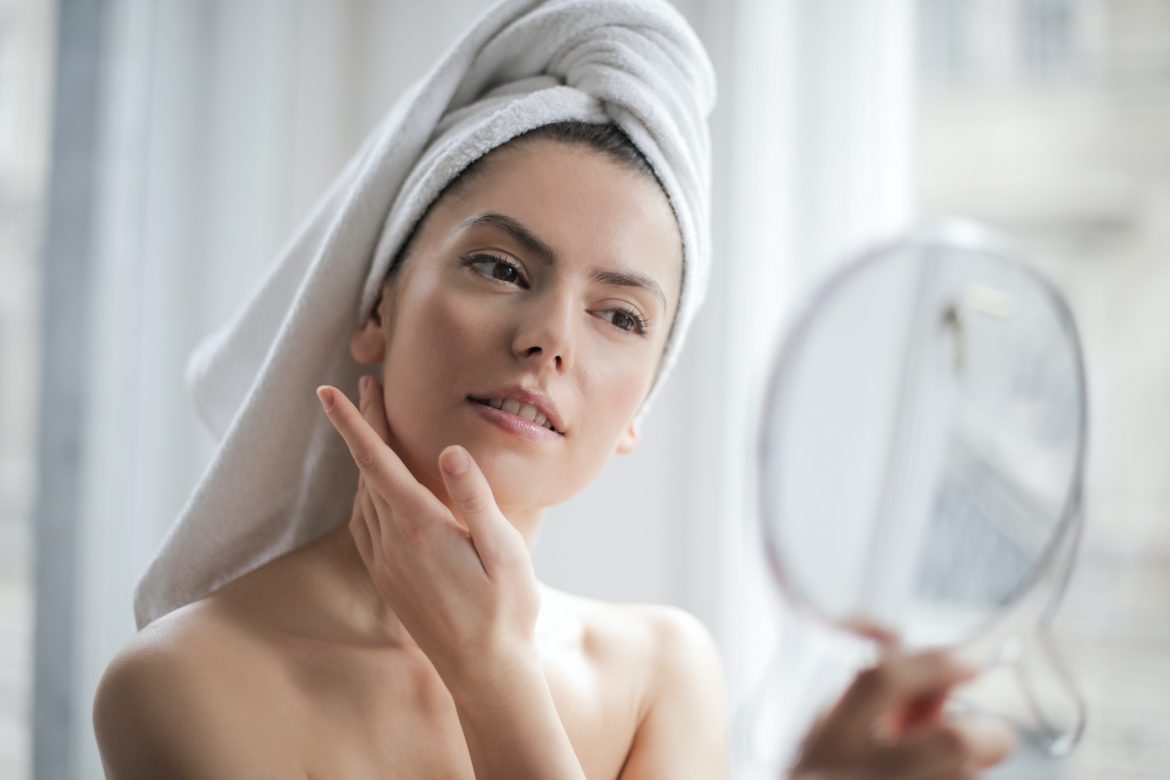There is a sense of being lost in an unknown place without a map when consumers browse new skin care products. There are many ways to get to the same destination, yet the route there might be very different for each one.
If you don’t know what you’re searching for when it comes to selections like professional skin care products, it’s almost hard to find the appropriate one. In other cases, the same product may not work at all on various skin types, or it may provide wildly diverse outcomes. When it comes to skincare, the kind and concentration of the active substances make all the difference. Your customers may not know where to begin deciphering the label’s information.
Expert skincare products are distinct from over-the-counter alternatives, as you already know as a skincare professional. Can you, however, explain the distinction to your customers?
The Benefits of Using Skin Care Products
Here are seven advantages of using professional skin care products instead of over-the-counter ones:
- They are produced in limited quantities. The quality of a product suffers when it is produced in large numbers. It’s very uncommon for professional skincare brands to be manufactured in limited amounts and exclusively sold to approved retailers. The effectiveness and safety of over-the-counter skin care products, especially those diverted, may be inferior to those provided legitimately.
- They have more significant concentrations of active substances than most other items. Customers who self-diagnose skin disorders choose over-the-counter skincare products because they contain lower concentrations of active ingredients to lessen the risk of a negative response from the active components. Manufacturers typically add fillers and preservatives to their goods to meet demand. In contrast, a professional product may be available in small boxes but comprise more active ingredients than commercial ones. As a result, following the application’s instructions is critical.
- They’ve been engineered to penetrate as deeply as possible. Large molecules cannot pass through the skin because of the skin’s protective barrier. Even though they may temporarily alleviate minor skin issues, many over-the-counter treatments cannot penetrate the skin’s protective barrier due to their large molecular size.
- Their components have been pH-adjusted. Skin’s ideal pH ranges from 4.7 to 5.7, which is somewhat acidic. pH value is not taken into consideration by over-the-counter skincare treatments. Therefore, the skin’s pH frequently changes in the other way. On the other hand, professional skin care products use pH-adjusted chemicals to maintain the integrity of the skin’s protective barrier, making the skin more exposed to germs and free radicals that might harm it.
- Prescription-strength chemicals may be included in them. The concentration of the active component in over-the-counter products may be insufficient to address specific skin issues, such as severe acne. As the concentration of active ingredients rises, it becomes even more critical to use a premium product intended only for professional use.
- The prices are more reasonable. However, professional skincare products tend to be more effective, include better quality ingredients, and are formulated for optimum penetration, which means you don’t need to apply as much. On the other hand, over-the-counter treatments have a shorter shelf life and are less effective than prescribed medications.
- It is feasible to tailor them to a specific skin type. Choosing the right products for your skin type is the key to good skincare. Incorrect use of a moisturiser or exfoliator might exacerbate existing skin problems. In contrast to many over-the-counter treatments, professional skincare solutions are generally created for a particular kind of skin.
It’s difficult to debate against the advantages of professional skin care products, but if you’re an esthetician, you may have to. If they’ve just spent the day being pampered, some customers may be reluctant to spend money on skincare products.
Suggestions for Making Product Recommendations More Individualised
Estheticians spend a large portion of their time doing skincare procedures. The time you spend with each client is critical, as is the intensity of your efforts. No two sessions should be the same. End each session by asking your client if they have any questions or concerns. However, one more box must be checked before leaving the house: product suggestions. Even though you may find it challenging to comply with this rule, it’s a terrific opportunity for you and the customer. So that the customer is happy with their treatment and that their skin objectives continue to be accomplished. You must provide your customers with clear instructions on maintaining their equipment at home if you want them to return as repeat customers.
Also Read: The Colour of education is RED. Its Skin Deep
To get the maximum out of your product suggestions, consider the following hints:
- Use chances to educate your clients about the difference between OTC and professional goods by asking what they already use and recommending comparable items.
- Recommend a product that specifically addresses the client’s major skin complaint (which is probably the primary emphasis of their therapy).
- Identify the active chemicals comparable to those utilised in the client’s therapy and explain the benefits they give.
- As a dermatologist, you should recommend anti-ageing products to all your patients, regardless of their age.
Make sure to allow your client to know when they should schedule another appointment for a professional facial and what items you think would best help them keep their results going between visits. Remind them that achieving flawless skin is a process, not a destination.



